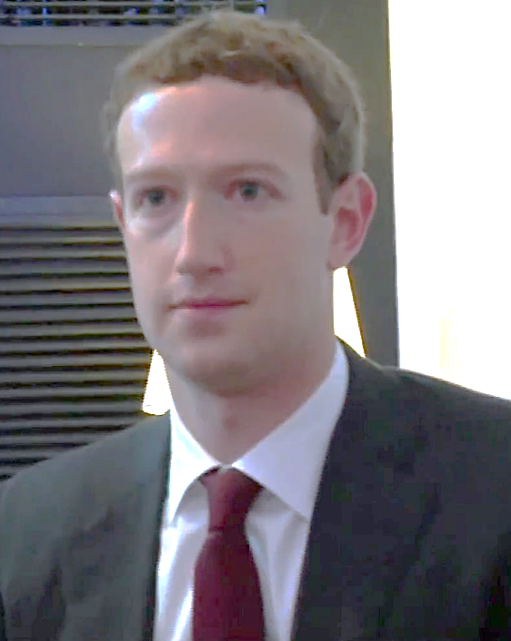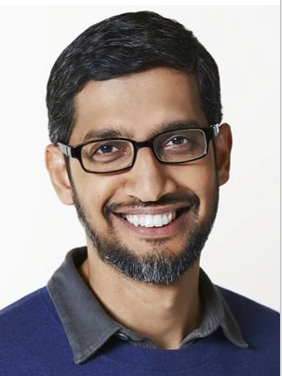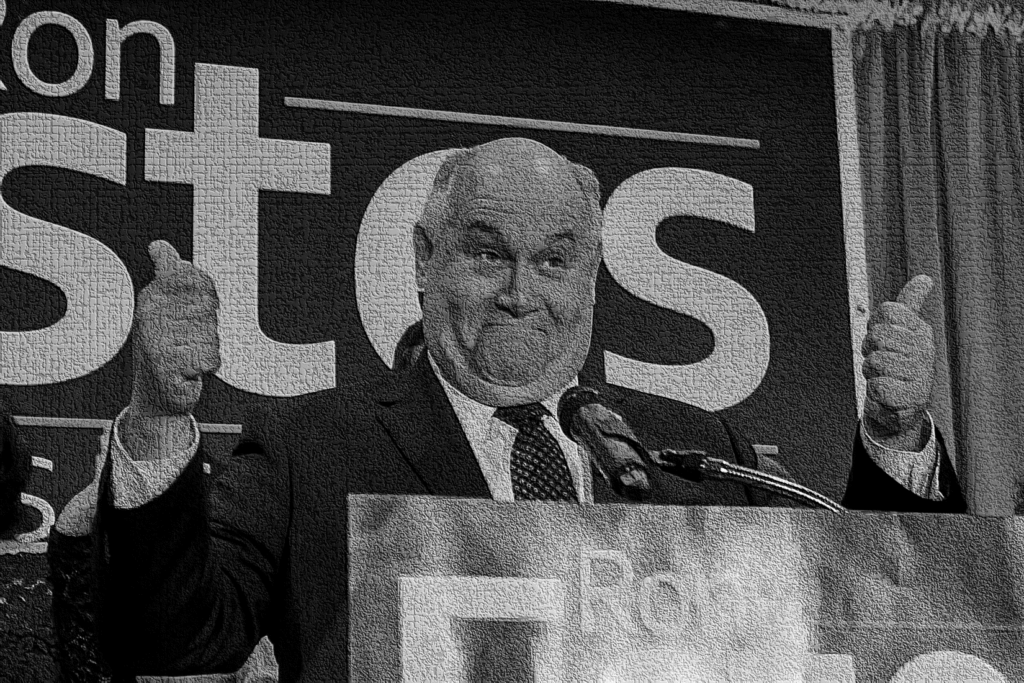
It has not been a particularly good period for members of Congress. Distrust, dislike, and even disdain for legislators of all stripes seems like it’s at an all-time high. Americans may not agree about very much, but when it comes to the legislative branch, most are on the same page.
The list of bad decision-making, wrong-headed judgments, and political squabbles seemingly goes on forever. But if you want to see Congress at its worst, look no further than the hearings where some of the world’s most important tech CEOs are grilled by members of the House and Senate.
And there’s every reason why the heads of companies like Google and Facebook are testifying in D.C. Issues revolving around privacy, web security, tampering by America’s enemies, and misuse of personal data continue to loom large, forcing hearings to get to the bottom of these problems.
That’s precisely where it breaks down. Facebook’s Mark Zuckerberg testified for two days last April. And while he acquitted himself well under  pressure, members of Congress proved just how little they know about technology. And we’re not talking about writing code or other skills possessed by the only the most adept of technologists. We’re talking about the very basics of how social media works and other fundamentals of digital media the average 10 year-old knows very well.
pressure, members of Congress proved just how little they know about technology. And we’re not talking about writing code or other skills possessed by the only the most adept of technologists. We’re talking about the very basics of how social media works and other fundamentals of digital media the average 10 year-old knows very well.
Inc.’s Minda Zetlin wrote “The 9 Most Weird and Hilarious Questions Congress Asked Mark Zuckerberg” this past spring. You’ll be tempted to laugh when you read this bizarre Q&A with Zuckerberg until you think about what’s at stake.
At a time when technology is changing our world – every business, social interactions, and the ways in which we run our lives – our elected representatives need to ask the hard questions so they can truly analyze how to deal with companies like Google, Facebook, and Amazon that have become bigger, richer, and more influential than most countries in the U.N.
Sadly, that’s not how the Zuckerberg inquiry went. In fact, here are the funniest or most pathetic moments from his testimony, depending on your point of view:
Senator Orrin Hatch (Utah): “How do you sustain a business model in which users don’t pay for your service?
Zuckerberg: “Senator, we run ads.”
Senator Lindsey Graham (South Carolina): “Is Twitter the same as what you do?”
Zuckerberg: “It overlaps with a portion of what we do.”
Congressman Buddy Carter (Georgia): “Did you know that the Motion Picture Association of America is having problems with piracy and…this is challenging their existence?”
Zuckerberg: “Congressman, I believe that has been an issue for a long time.”
And on it went.
Now if you think this was just an isolated incident, consider that Google’s head honcho, Sundar Pichai, was in the hot seat at Congressional  hearings earlier this month. Once again, Inc.’s Zetlin drew the short star and wrote a similar story about another display of governmental ignorance about the technology world around us.
hearings earlier this month. Once again, Inc.’s Zetlin drew the short star and wrote a similar story about another display of governmental ignorance about the technology world around us.
And it was déjà vu all over again.
While seemingly impossible to ask the calm, collected Pichai dumber questions that Zuckerberg fielded, Congress showed up big-time:
Congressman Steve King (Iowa): “How does (hateful information about me) show up on a 7-year-old’s iPhone?
Pichai: “Congressman, iPhone is made by a different company.”
Congressman Ted Poe (Texas): “I have an iPhone. If I go over there and sit with my Democrat friends, does Google track my movement?
Pichai: “Not be default. There may be a Google service you have opted in to use.”
And on it went. “Political theater,” as Zetlin called it.
 The mystery of these dual experiences in technical ignorance is how these elected representatives are surrounded by young aides, appearing often to be of the Millennial species.
The mystery of these dual experiences in technical ignorance is how these elected representatives are surrounded by young aides, appearing often to be of the Millennial species.
You’d think that if everyone was doing their jobs, these fresh-faced political wannabes would counsel and school their bosses in the techie arts, preparing them for hearings like the ones Zuckerberg and Pichai were compelled to attend.
But that would assume there’s a system of “reverse mentoring” taking place where the interns and low-rung employees teach their political bosses a thing or two about Google, Snapchat, and how to text photos.
That’s why when I think of how the Tech IQ among radio broadcast execs has grown and expanded over these past several years, I know for a fact they would ask much better questions than their Congressional counterparts.
In two weeks, Paul and I will be touring three groups of broadcast execs around CES – through the throngs, the exhibits, and the pure spectacle that takes up the entire Las Vegas Convention Center and several other casino event spaces – to soak up information, energy, and vibe from the 180,000+ attendees gathering at this techie mecca.
I’ve seen radio honchos that have included David Field, Caroline Beasley, Kim Guthrie, and scores of other senior execs, wearing tennies and sweats,  braving the crowds, the noise, and the hassle in a quest to learn how to guide their companies through these challenging times.
braving the crowds, the noise, and the hassle in a quest to learn how to guide their companies through these challenging times.
They’re doing their homework – the hard way – cramming and jamming new media, technology, and platforms while running their companies, serving on boards, and providing leadership during tough times for the media business.
I know there is no shortage of social meeting grousing, whining, and gnashing about how the radio business has been ruined in the past two decades by greedy corporate wheeling, dealing, and profiteering.
But the fact is, this disruption would have happened anyway, challenging radio to face the digital music and adapt to a tsunami of change.
Like many of you, I don’t agree with all of the decisions that have been made along the way, much less some of the legislation that perhaps has led to traditional broadcasting’s inconvenient truths.
But I do know radio’s senior leadership is bending over backwards to catch up, keep up, and learn the new media ropes. Most are moving at Mach 4 to do what’s necessary to expand their brands, grow their businesses, and ensure a successful future for their thousands of employees.
Our company committed more than a decade ago to embracing the technology that is all around us. And in recent years, we have actively worked with radio moguls to help them transform their companies – while continuing to perform at the highest levels from quarter to quarter.
And as we’ve seen this year, they’re much better prepared, realistic, and smarter than the Luddite’s running the show in the nation’s capital, bumbling through the cyber attacks, hacking, web privacy, and incessant tweeting.
No one said it would be easy.
Today’s post is the last new one of the year. In JacoBLOG tradition, we will move into “Best Of” mode until Monday, January 7th, reprising some of the most popular posts from 2018.
After the new year, look for a duet post from Beasley Media Group’s Buzz Knight and yours truly, as we interview the boss of the Consumer Technology Association about CES 2019. It’s a great preview that will put you in the digital spirit, whether you’ll be hustling through Las Vegas or not.
I’d like to thank all of you for reading our daily blog once again this year. Your feedback, encouragement, and criticism have been instrumental in keeping this digital labor of love fresh and vital. Best wishes to you and yours this holiday season, and best wishes for a peaceful, happy, healthy new year.
And finally, a special “thank you” to radio scribe, Tom Taylor, who has kept us up to date about the comings, goings, and happenings in the industry for decades. Today is his last column as he powers down his laptop, and returns to real life. We wish him well.
- What To Do If Your Radio Station Goes Through A Midlife Crisis - April 25, 2025
- A 2020 Lesson?It Could All Be Gone In A Flash - April 24, 2025
- How AI Can Give Radio Personalities More…PERSONALITY - April 23, 2025




And thank you for another great year of interesting, informative–and quite often funny blogs! What an industry!
Best wishes to you and yours for a joyous holiday season and a healthy, prosperous and very happy new year.
Back at you, Dave. Thanks for being a regular reader & commenter. And all the best this season & in 2019.